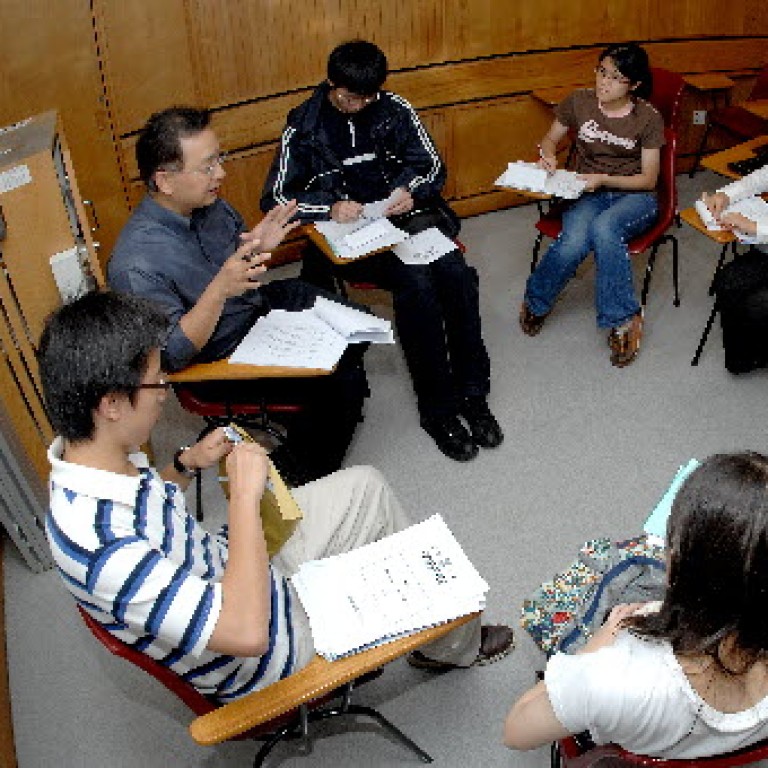
Hong Kong needs to learn to respect its women, to break the cycle of domestic violence
Moses Mui says HK's women should feel safe in their own homes, yet the reality is often different: they suffer emotional as well as physical abuse. That needs to change by fostering respect
For many people, the mention of domestic violence evokes disturbing images of women battered by their drunken husbands. But the abuse doesn't have to be physical: it can be perpetrated emotionally and psychologically through repeated intimidation, belittlement and humiliation, as well as the denial of necessities and resources. This less evident form of harm, inflicted on the spouse or intimate partner, can be equally, if not more, damaging to the mostly female victims and other family members.
In Hong Kong, the official figures reflect only part of the problem. Last year, the police reported 1,669 criminal cases of domestic violence, most of which were physical in nature. But the Social Welfare Department reported 3,917 cases of spousal battering last year, and that doesn't count others involving emotional and psychological abuse. It seems a number of cases have slipped off the radar screen because the victims are afraid of abusers' vengeance or are put off by the "blame the victim" stigma.
Meanwhile, some women do not realise they are suffering emotional abuse. In a patriarchal society such as Hong Kong, the perception that women are inferior to men is still an accepted norm. Some women - young and old, across economic and educational levels - are resigned to the fact that they will be yelled at or picked on by their husbands, and that they should put up with their partners' demands, however unreasonable they are. Other women have given up any hope of leaving an abusive relationship. In particular, for those whose husbands control the access to money or who have young children, leaving the family doesn't seem a realistic option.
Domestic abuse rarely happens just once and tends to increase in severity and frequency.
Since domestic abuse rarely happens just once and tends to increase in severity and frequency, we cannot address each violent episode as a standalone occurrence. We have to break the cycle of violence once and for all.
To do so, we need to move the discourse into the mainstream. The government needs to put the spotlight on the issue. Resources should be allocated to raise awareness of emotional and psychological abuse through, for example, media campaigns and educational talks in housing estates and community centres. The public should be aware of the warning signs of domestic violence so that victims or those who know them can reach out for help at the first sign of abuse.
Fostering a culture of appreciation for women in society is crucial. More schools should have activities that promote gender equality for children to learn how to acknowledge and respect the strengths and weaknesses of both genders. The business sector can play a part too.
Both traditional and social media need to act responsibly in dealing with domestic violence. The reproduction of images of abuse or the depiction of the incident in an animated video may downplay such violence. The Hong Kong Federation of Youth Groups recently engaged youths to produce a series of microfilms about the dangers of spousal abuse. The project is playing an important advocacy role for secondary school students, who are the target audience.
Emotional and psychological abuse affects women where they are supposed to find the greatest comfort and safety - in their homes. Victims are often diagnosed with post-traumatic stress disorder and depression. Children who are raised in abusive homes suffer emotional and psychological trauma and may believe that violence is an effective way to resolve conflicts.
To prevent emotional and psychological abuse of partners or spouses and encourage victims to seek help, let us work together to raise awareness and instil a culture of respect for women.
